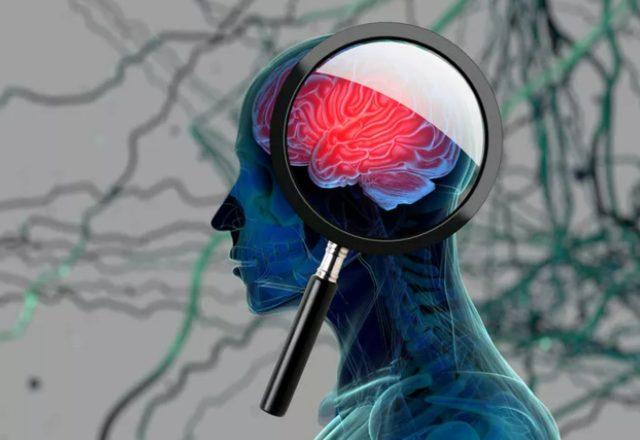Headaches cause a significant decrease in quality of life. Especially in Ramadan, various methods are sought to relieve the increasing headache. However, instead of looking for a solution to relieve long-term headaches, it is necessary to see a specialist. It was stated that severe headache, dizziness, speech, hearing and vision disorders may be signs of a brain tumor. Commenting on the subject, Op. Dr. Mehmet Feryat Demirhan said, “Brain tumors show symptoms according to the region they are located in and the area of the brain they keep under pressure. They grow in the skull and put pressure on the brain and cause symptoms by increasing the intracranial pressure.
TREATMENT DEPENDS ON TUMO
Kiss. Dr. Mehmet Feryat Demirhan made statements about brain tumor. Stating that brain tumors can develop from the brain’s own tissue, it can also develop through metastasis due to cancers seen in other organs. Demirhan listed the types of brain tumors as follows:
“Primary (primary) brain tumor: They are divided into two as benign brain tumor (menengioma, schwanoma, dermoid epidermoid cysts) and malignant brain tumor (from glial tumors, anaplastic and glioblastoma multiforme). Benign brain tumors are tumors from the membranes of the brain (menengioma) or nerves in the brain (schwanoma), congenital residual tumors (dermoid, epidermoid cyst), and surgical treatment results of these tumors are excellent. Malignant brain tumors, on the other hand, are abnormal or rapidly growing brain tumors, and because they grow rapidly, they spread into healthy brain cells. Although the treatment results of these tumors vary depending on the location, extent and accompanying risk factors of the tumor, the life span is extended. Secondary (secondary) brain tumor: These tumors, called metastases, are cancers that spread to the brain from other organs of the body.
THE MOST COMMON SYMPTOMS OF BRAIN TUMORS
Stating that severe headaches, dizziness, speech, hearing and vision disorders may be a sign of brain tumor, Op. Dr. Demirhan said, “Brain tumors show symptoms according to the region they are located and the brain area they keep under pressure. They grow inside the skull and put pressure on the brain and cause symptoms by increasing the intracranial pressure. The most common symptoms of brain tumors are; seizures, headache, dizziness, nausea and vomiting, weakness in the arms and legs, personality disorders, dementia-like complaints, speech-vision disorders and gait imbalance.

EARLY DIAGNOSIS AND CORRECT INTERVENTION IS VERY IMPORTANT
Drawing attention to the importance of early diagnosis in the disease, Op. Dr. Demirhan, “Examination for definitive diagnosis, radiological imaging; In particular, imaging methods such as Magnetic Resonance (MR) and Computed Tomography (CT) can determine whether the suspected lesion in the brain is a tumor. Once identified, brain tumor surgeries can now be performed more safely thanks to the high technology and increased experience used in neurosurgery during the treatment process. As a general rule, surgical intervention is the gold standard method in all benign tumors, depending on the location of the tumor. However, according to the type of tumor, radiotherapy and chemotherapy after surgical treatment are additional treatment methods applied after surgery. This treatment is applied to kill tumor cells or to suppress their growth. Radiation therapy can be applied to patients who cannot be operated very rarely, depending on the location of the tumor. The application scheme of radiotherapy varies according to the type and diameter of the tumor, the age of the patient, and neurological findings. It is important to protect the healthy brain tissue around the tumor while radiotherapy is applied.
(UAV)
